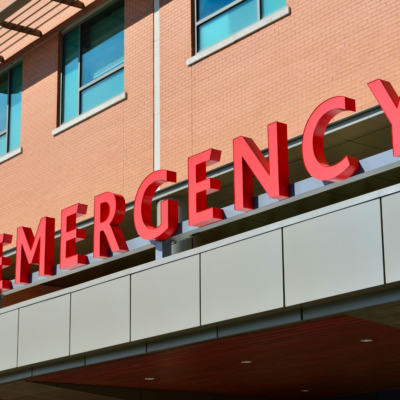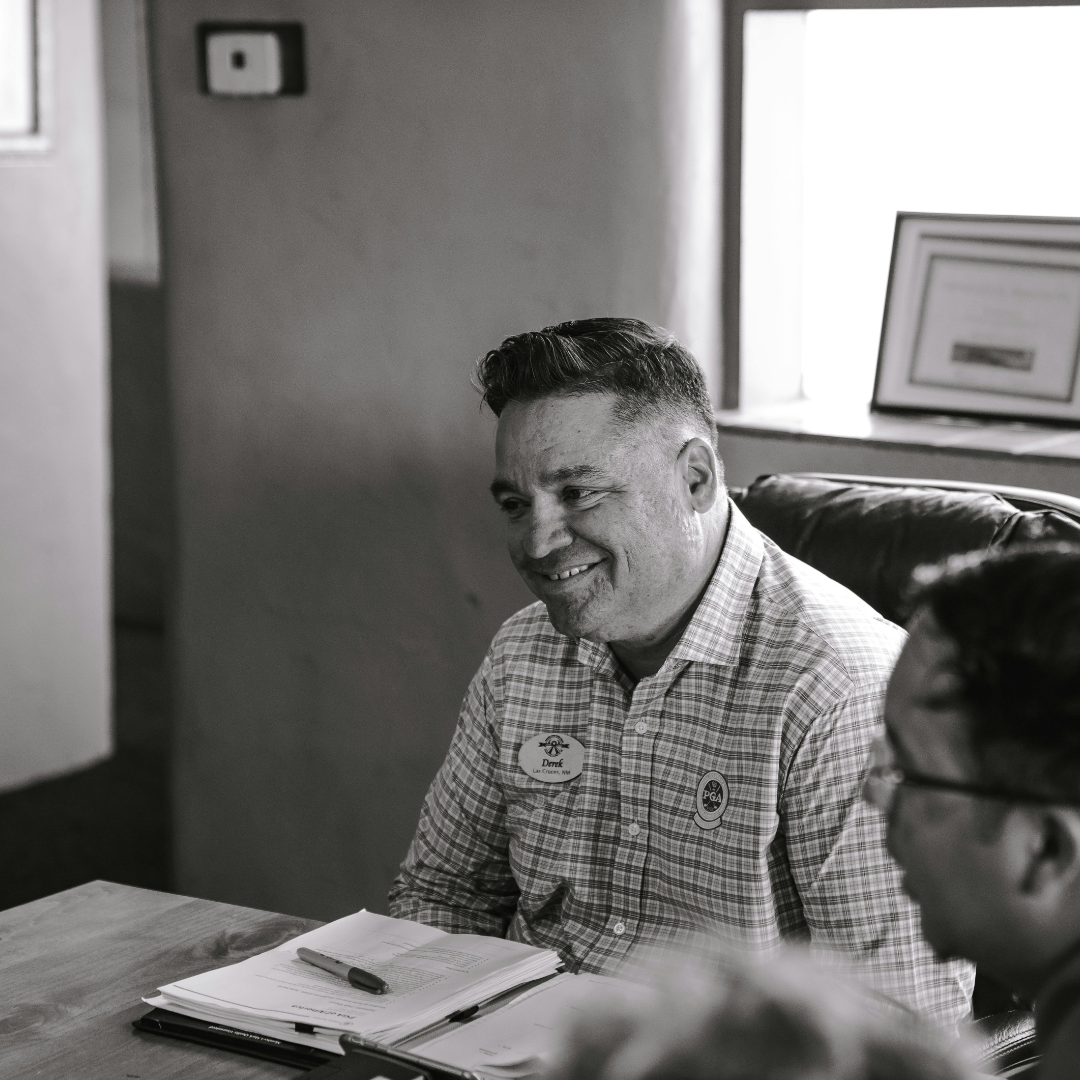Surviving an Overdose: Steps for Recovery and Rebuilding Life

Surviving an overdose can be a harrowing and transformative experience. It’s a critical juncture that can lead to a profound change in an individual’s life. The immediate and long-term steps taken after such an event are crucial for physical recovery, emotional healing, and the prevention of future overdoses. This comprehensive guide outlines the essential steps to take after surviving an overdose, focusing on medical intervention, emotional support, rehabilitation, and long-term recovery strategies.
Immediate Medical Intervention
- Emergency Medical Care: The first and most critical step after an overdose is to seek emergency medical care. Overdoses can cause severe and potentially fatal effects on the body, including respiratory failure, cardiac arrest, and organ damage. Emergency responders and hospital staff can provide life-saving interventions, such as administering naloxone (for opioid overdoses) or other antidotes, and offer necessary treatments to stabilize the patient.
- Comprehensive Medical Evaluation: After initial stabilization, a thorough medical evaluation is essential. This includes assessing any long-term damage to organs, addressing any infections or injuries that may have occurred during the overdose, and monitoring for any complications that might arise in the immediate aftermath.
Psychological and Emotional Support
Surviving an overdose often leaves individuals grappling with intense emotions, including guilt, shame, anxiety, and depression. Addressing these feelings is crucial for overall recovery.
- Psychiatric Assessment: A comprehensive psychiatric assessment can help identify underlying mental health issues such as depression, anxiety, or trauma that may have contributed to substance use. Understanding these factors is essential for creating an effective treatment plan.
- Therapy and Counseling: Engaging in therapy with a licensed mental health professional provides a safe space to process the emotional aftermath of an overdose. Different therapeutic approaches, such as cognitive-behavioral therapy (CBT) and dialectical behavior therapy (DBT), can help individuals develop healthier coping mechanisms and address the root causes of their substance use.
- Support Groups: Joining support groups such as Narcotics Anonymous (NA) or Alcoholics Anonymous (AA) can offer invaluable peer support. Sharing experiences with others who have faced similar challenges can foster a sense of community and provide practical advice and encouragement.
- habilitation Programs:
- Inpatient Rehabilitation: Inpatient rehab involves staying at a facility for a designated period, usually ranging from a few weeks to several months. This environment provides intensive care, constant supervision, and a structured routine, making it suitable for individuals with severe addiction or those who require a higher level of care.
Outpatient Rehabilitation: Outpatient rehab allows individuals to live at home while attending treatment sessions during the dayConsidering Rehabilitation
Rehabilitation, or rehab, is a structured program designed to help individuals overcome substance use disorders. Rehab offers a comprehensive approach to treatment, addressing both the physical and psychological aspects of addiction.
- Types of Re. This type of program is more flexible and can be appropriate for those with less severe addiction or those who have already completed an inpatient program.
- Components of Rehabilitation Programs:
- Detoxification: The initial phase of many rehab programs is detoxification, where the body is cleared of the substance. This process can be challenging and is often accompanied by withdrawal symptoms. Medical supervision during detox is crucial to ensure safety and manage symptoms.
- Therapy and Counseling: Individual and group therapy sessions are fundamental components of rehab. These sessions aim to uncover underlying issues, develop coping mechanisms, and build healthier behaviors.
- Education and Skill Building: Rehab programs often include educational sessions about addiction and recovery, as well as life skills training to help individuals reintegrate into society.
- Aftercare Planning: Successful recovery extends beyond the initial rehab period. Aftercare planning involves creating a long-term strategy for maintaining sobriety, which may include ongoing therapy, support groups, and other resources.
Rebuilding Life After Rehabilitation
Completing a rehab program is a significant milestone, but recovery is an ongoing process that requires continual effort and support. Here are some steps to help maintain sobriety and rebuild your life:
- Establish a Support Network: Surrounding yourself with supportive friends and family members who encourage your recovery is essential. Avoiding people or environments that may trigger a relapse is equally important.
- Healthy Lifestyle Choices: Adopting a healthy lifestyle can enhance your overall well-being and reduce the risk of relapse. This includes maintaining a balanced diet, exercising regularly, and getting enough sleep.
- Pursue Meaningful Activities: Engaging in activities that bring you joy and fulfillment, such as hobbies, volunteering, or pursuing educational and career goals, can provide a sense of purpose and motivation to stay sober.
- Mindfulness and Stress Management: Techniques such as mindfulness, meditation, and yoga can help manage stress and prevent relapse. Learning to cope with stress in healthy ways is crucial for long-term recovery.
- Continued Therapy and Support: Ongoing therapy can help address new challenges and reinforce coping strategies. Participating in support groups provides continuous peer support and accountability.
The Role of Family and Friends
Family and friends play a crucial role in the recovery process. Their support, understanding, and encouragement can significantly impact an individual’s journey to sobriety.
- Education and Awareness: Family members and friends should educate themselves about addiction and recovery to better understand what their loved one is going through. This knowledge can help them provide more effective support.
- Open Communication: Maintaining open and honest communication is vital. Encouraging your loved one to talk about their feelings and experiences can help them feel understood and supported.
- Participate in Therapy: Family therapy sessions can address any interpersonal issues and improve the overall family dynamic. This can create a more supportive environment for the individual in recovery.
Forgiveness and Self-Compassion
Recovery from an overdose and addiction requires not only physical and mental effort but also emotional healing. It’s important to practice self-compassion and forgiveness. Recognize that addiction is a disease, and overcoming it is a significant achievement. Celebrate your progress, no matter how small, and be patient with yourself. Surviving an overdose is a profound wake-up call that presents an opportunity for transformation and healing. By seeking immediate medical and psychiatric help, considering rehabilitation, and taking proactive steps to rebuild your life, you can turn a near-tragic experience into a catalyst for positive change. Recovery is a challenging but rewarding journey, and with the right support and resources, it is entirely possible to lead a fulfilling, sober life. The path to recovery may be long and arduous, but every step taken is a step towards a healthier, happier future.




